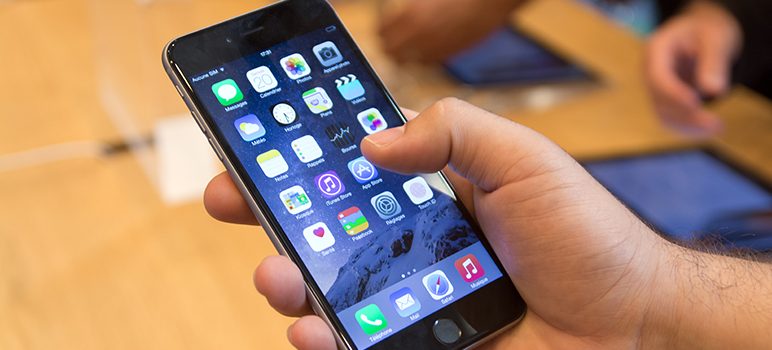Three greater Bay Area counties will each get $4.1 million in a settlement with Apple Inc. over alleged misrepresentations about its iPhone service in 2017, the California Attorney General’s Office announced Wednesday.
In all, the state will receive $24.6 million, with $4.1 million going to each of the district attorney offices in the counties of Alameda, Santa Clara, Santa Cruz, Los Angeles and San Diego, and the balance going to the California Attorney General’s Office.
Apple, which is headquartered in Cupertino, allegedly made misrepresentations about the batteries in some of its iPhones and software that limited performance so the phones would not shut off unexpectedly.
“Apple withheld information about their batteries that slowed down iPhone performance, all while passing it off as an update,” Attorney General Xavier Becerra said in a statement. “This type of behavior hurts the pockets of consumers and limits their ability to make informed purchases,” he added.
Thirty-three other states are part of the settlement, which calls for Apple to pay $113 million in all. The deal includes terms that may deter similar alleged misrepresentations by Apple in the future, state prosecutors said.
“With this settlement, the technology company has pledged to provide clear and conspicuous communication to consumers about lithium-ion batteries, unexpected shutdowns and performance management,” Los Angeles County District Attorney Jackie Lacey said in a statement.
The complaint by California alleges that Apple sold their iPhone 6 and 7 phones with batteries that could lead to unexpected shutdowns of the phones.
Apple tried to solve the problem by providing software updates that cut back on the phone’s performance, according to the complaint.
The company also allegedly said the updates would improve power management rather than reduce performance.
Alameda County will use the money for “future consumer protection actions,” said Teresa Drenick, spokeswoman for the county District Attorney’s Office.
Santa Clara County District Attorney Jeff Rosen said his office will spend its share of the payout to bolster consumer protection efforts.
Meanwhile, he added, a tentative settlement in a private class-action case wending its way through the federal court in San Jose will pay up to $500 million in restitution to consumers who file valid claims about being affected by Apple’s service slowdown.
“Just like a patient needs to know the side effects before swallowing a pill, a consumer needs to know what they’re getting before clicking on a software update—especially when it could throttle their phone,” Rosen said.
Among other things, the settlement calls for Apple to notify all affected consumers when an operating system update substantially changes iPhone processing performance.
Apple officials declined to comment but called attention to a part of the agreement which says, “Apple has entered into this Judgment solely for the purposes of settlement, and nothing contained herein may be taken as or construed to be an admission or concession of any violation of law, rule, or regulation, or of any other matter of fact or law, or of any liability or wrongdoing, all of which Apple expressly denies.”
Separately, affected consumers will get $500 million from Apple in a settlement in a private class action lawsuit, state prosecutors said.
Jennifer Wadsworth also contributed to this report.

